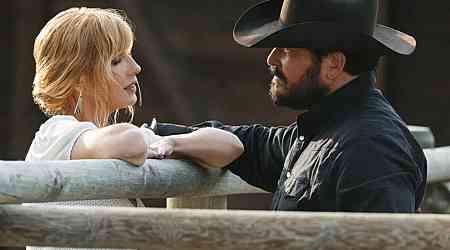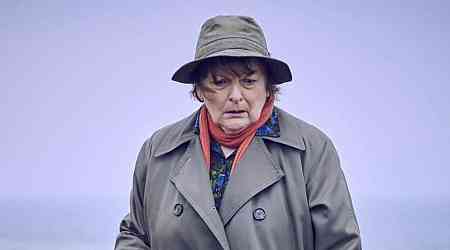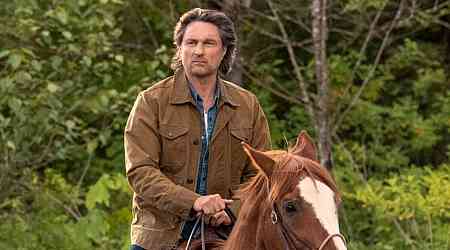Wolf Hall: The Mirror and the Light official trailer
BBC's Wolf Hall: The Mirror and the Light received widespread praise as it reached its dramatic conclusion.
The critically acclaimed historical drama, which first aired in 2015, follows the life of Thomas Cromwell (Mark Rylance) - the trusted advisor to King Henry VIII.
Based on the books by Hilary Mantel, the series masterfully depicts Cromwell’s rise to power, his pivotal role in the English Reformation, and his eventual downfall.
The final episode, which aired on Sunday evening (December 15), featured Cromwell's execution after he became a convicted traitor against the crown.
READ MORE... What Henry VIII said about Thomas Cromwell after his execution [LATEST]

Despite being imprisoned in the Tower for the majority of the final episode, Cromwell faced up to courtiers such as Richard Rich, who provided a damaging testimony against his former patron, cementing him as a chief architect in Cromwell's downfall.
But what happened to him after Cromwell's death?
As historian Hugh Trevor-Roper claimed the "dreadful Rich" was an individual "of whom nobody has ever spoken a good word", he lived longer than most would have hoped.
Rich remained in court and participated in the plot against Henry VIII's sixth wife, Katherine Parr. This involved personally torturing the English writer and Protestant martyr Anne Askew, who was eventually burned at the stake at the age of 25.
Don't miss...
Wolf Hall's Rafe Sadler and Gregory's fate after Thomas Cromwell's execution [LATEST]
What happened to Wolf Hall's Norfolk and Stephen Gardiner after Cromwell's death [LATEST]
Wolf Hall fans 'heartbroken' as they issue same demand after final episode [LATEST]

He went on to acquire extensive wealth and property. Rich even became Speaker of the House of Commons and later Lord Chancellor of England.
Rich had many children and was active in court until he died from natural causes at the age of 70.
Despite his successful run in court, Rich has received a more brutal portrayal in recent material as he is often described as one of the Tudor period's worst villains.
He emerged as the chief villain in Robert Bolt’s play, A Man for all Seasons, as well as its 1966 film adaptation.
His villanous antics were also featured in the Wolf Hall trilogy, where his disloyalty was regularly presented.
"He was an absolute snake,” Claiden-Yardley said.
































